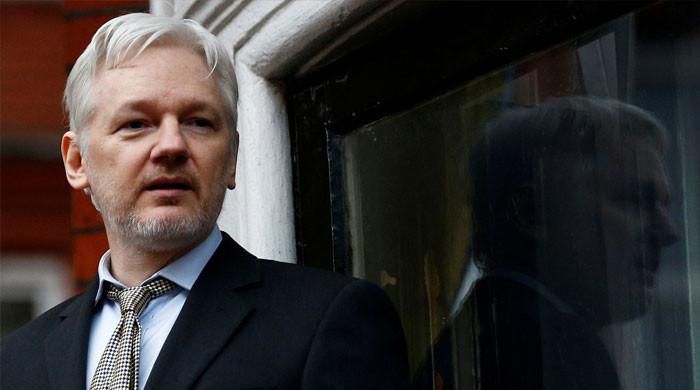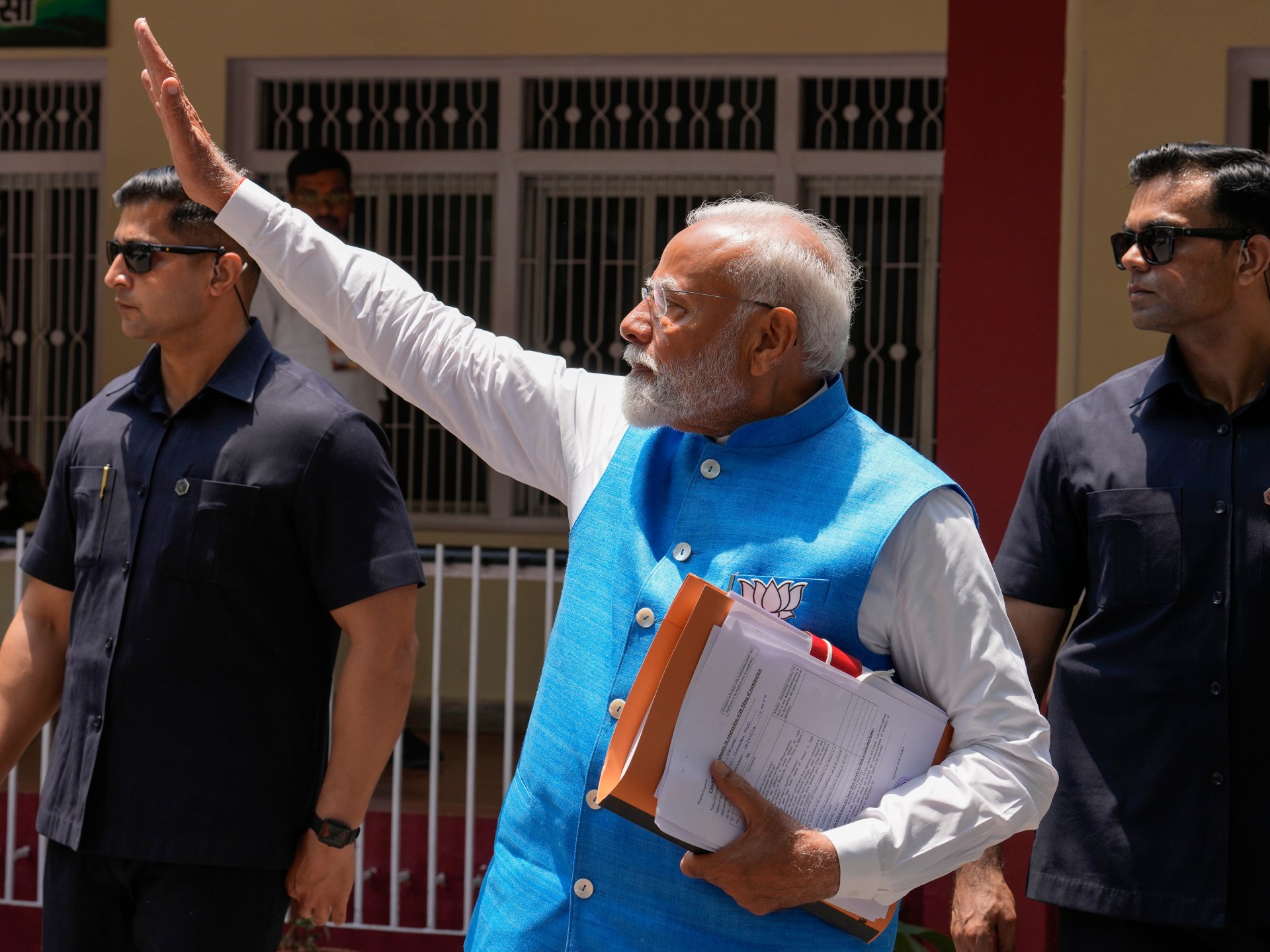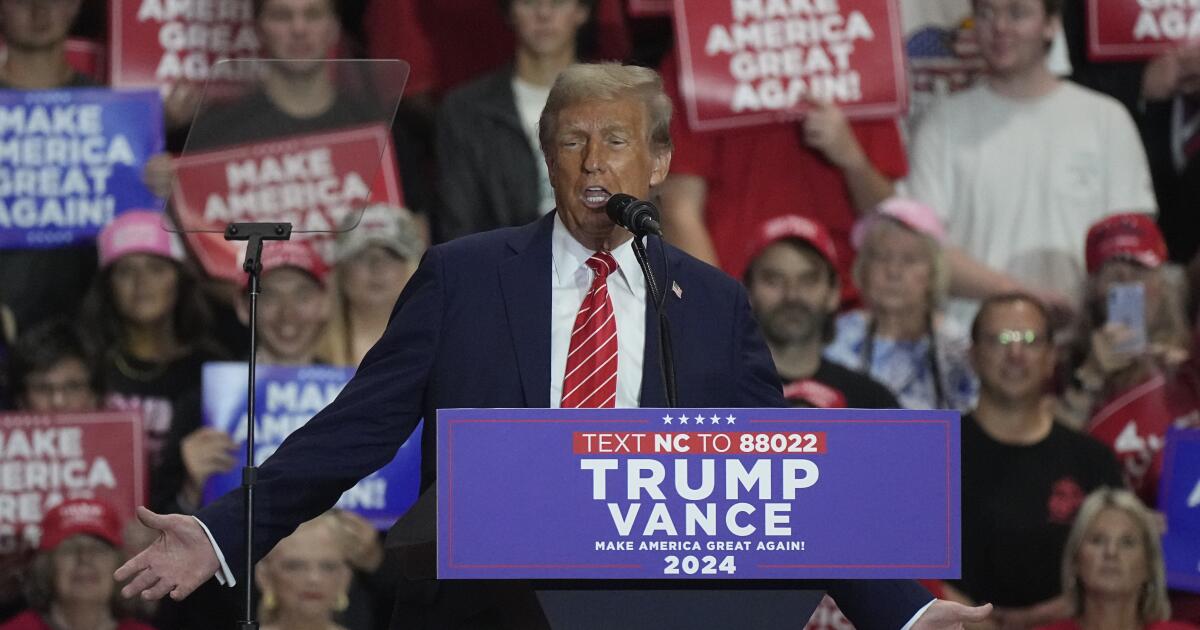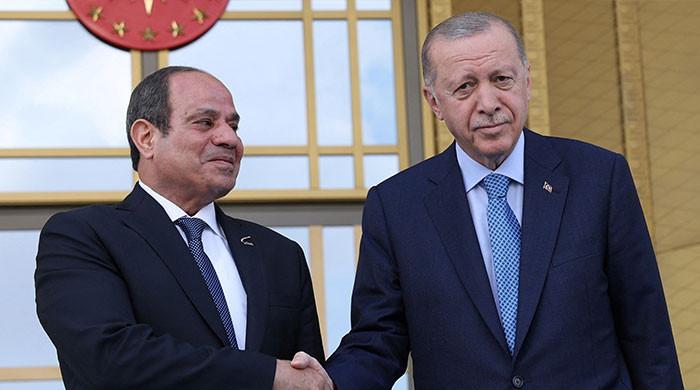In a crucial last ditch effort, Julian Assange's legal team returned to London's High Court to fight his extradition to the United States. cnn reported.
The WikiLeaks founder, who faces a possible life sentence on espionage charges, has exhausted most legal avenues with only two UK High Court judges standing between him and extradition.
The two-day hearing will determine whether Assange is granted permission to appeal the 2022 extradition decision made by former UK Home Secretary Priti Patel. If the court rules against him, the extradition must take place within 28 days. Assange's legal team plans to seek intervention from the European Court of Human Rights through a Rule 39 order.
Wanted by US authorities on 18 criminal charges related to the dissemination of classified material, Assange's potential sentence could reach 175 years.
The complicated journey began in 2010 when WikiLeaks published classified documents, prompting Assange to seek asylum in the Ecuadorian embassy. However, in 2019 he was evicted and subsequently faced extradition requests from the United States.
The current hearing focuses on Assange's extradition for political reasons, alleging a violation of the European Convention on Human Rights.
Indisposed and unable to attend, Assange's lawyer argued that he faces prosecution for ordinary journalistic practices of obtaining and publishing classified information in the public interest.
Assange's wife, Stella, expressed serious concern about his situation and emphasized the lack of additional appeal options if the hearing does not favor him. She highlighted her deteriorating physical and mental health, citing a mini-stroke in 2021 and the challenges of prolonged isolation.
The controversial extradition has sparked global concerns about press freedom, with supporters and human rights groups warning of possible repercussions for journalism.
Amnesty International and Reporters Without Borders emphasize the broader implications, stating that global media freedoms would be on trial if Assange is prosecuted under the US Espionage Act without a public interest defense.
As the court considers Assange's fate, the world watches closely, recognizing the fundamental nature of this case for journalism, press freedom and the protection of whistleblowers.












